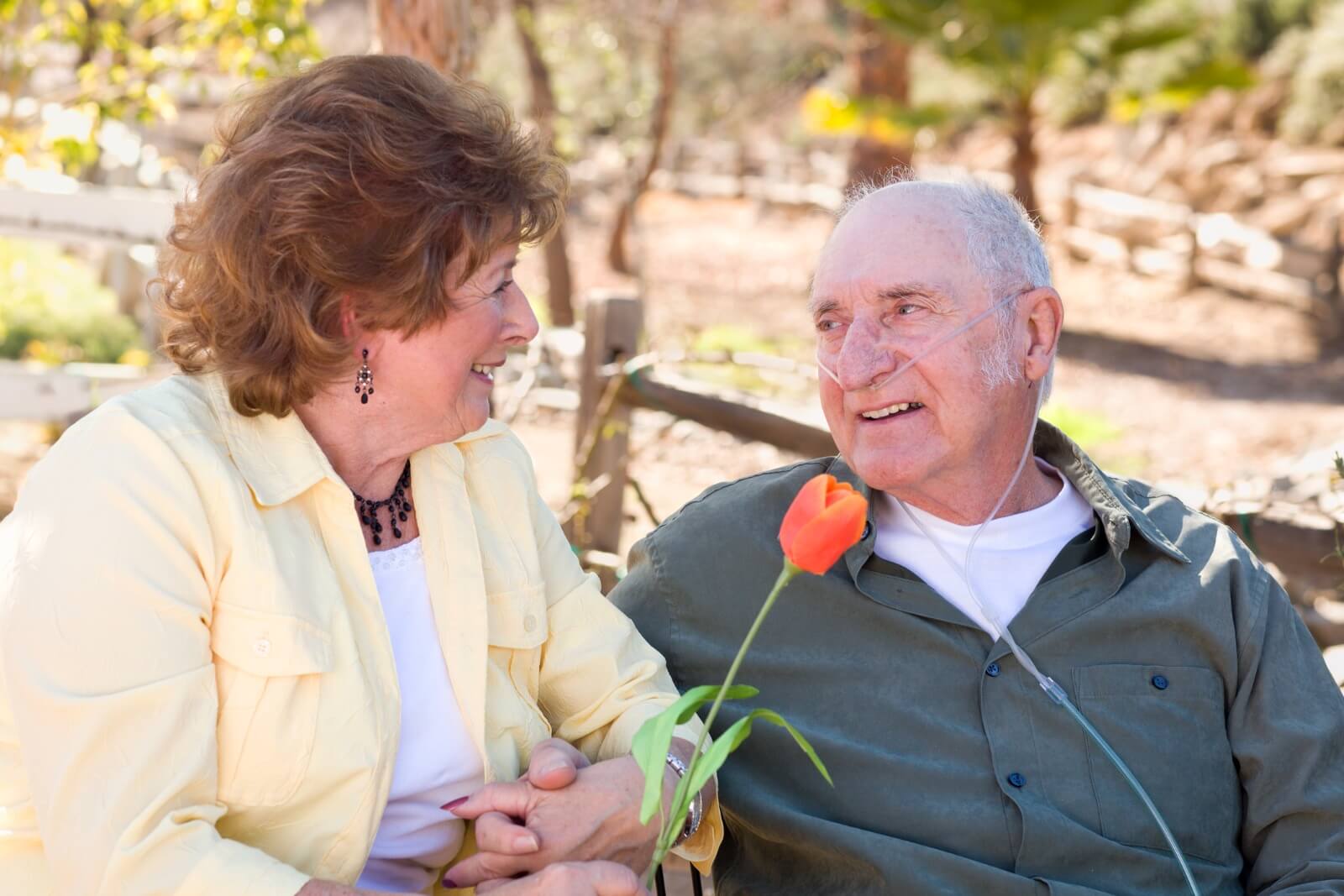
Adult Protective Services (APS) is a social services agency that tends to the needs of vulnerable adults. Every state has APS offices, typically run at the local or county level. APS offers invaluable services to the nation’s most easily preyed-upon adult populations, such as older adults and adults with disabilities. The purpose of APS is to protect adults at risk of experiencing different types of neglect or abuse and to ensure they have recourse and a source of relief from these problems. Learn how Adult Protective Services can help vulnerable seniors and adults with disabilities.
What issues can Adult Protective Services help older adults with?
APS helps older adults respond to a variety of issues, including various forms of elder abuse. Unfortunately, the problems explained below are prevalent among senior populations across the country. Some of the most common issues that trigger a response from APS include the following:
Physical abuse
Seniors are particularly susceptible to physical abuse. As people age, they become less able to protect themselves from physical harm and may lose their ability to vocalize any threats of abuse they might receive. According to statistics published by the National Intimate Partner and Sexual Violence Survey, 1 in 10 seniors over age 70 fell victim to some form of abuse. Of the number reported, 1.7% of victims suffered physical abuse.
Neglect and abandonment
Many older adults need a caregiver to help them with basic needs. Under those circumstances, a care provider, whether a loved one or a hired professional, assumes responsibility for their well-being. Neglect happens when a caregiver fails to provide a senior with basic needs. Abandonment occurs when a caregiver deserts the senior whose care they assumed responsibility for, leaving them unable to care for themselves and at risk of health and safety issues.
Domestic violence
Domestic violence is when a romantic partner or family member behaves in a way that hurts, manipulates, or terrorizes someone. The abuser uses these tactics to gain control of the victim. Incidents of domestic violence can be common among the older adult population.
Emotional abuse
Emotional abuse can significantly harm a senior’s quality of life. Emotional abuse is nonphysical abuse that happens when a person faces mental anguish, emotional pain, and stress at the hands of another person. The abuser may threaten, humiliate, or intimidate the older adult and cause emotional trauma in order to control them.
Self-neglect
Self-neglect is reportable to APS. Per the definition provided by the United States Department of Health and Human Services, self-neglect is any “behavior of an elderly person that threatens his or her own health or safety.” Self-neglect can show up as the senior failing to provide themselves with shelter, food, clothing, water, medications, hygiene, and safety precautions.
Financial abuse and financial scams
Seniors are often the victims of financial crimes. Financial abuse happens when someone leverages their relationship with an older adult to take advantage of them financially. Depending on the relationship between the senior and the abuser, financial abuse can be a form of domestic violence.
Seniors are also particularly vulnerable to financial scams. Caretakers should help older adults remain vigilant to help them avoid scammers. Adults who have been scammed can file a report with APS or have a report filed on their behalf.
Sexual abuse
Sexual abuse is any sort of nonconsensual sexual contact. Any older adult can become a victim of sexual assault, especially if they suffer from physical injuries or limitations, memory problems, or mental impairment.
What services does Adult Protective Services provide to older adults?
APS offers protective services to seniors who experience or are at risk of experiencing these different types of abuse, neglect, or exploitation. They receive and investigate reports of the above issues and may intervene when appropriate and with the older adult’s consent. To ensure that vulnerable adults who may live in dangerous situations receive the care and safety they need for a good quality of life, APS offers these resources and services:
- Emergency shelter.
- Legal assistance, which may include representation in court for seniors facing criminal charges or referrals for elder law attorneys.
- Access to food.
- Law enforcement protection.
- Resources for medical care and benefits.
In addition to the above practical services, Adult Protective Services does the following for vulnerable seniors:
- Evaluating the client’s risk of mental illness or impairment and physical harm.
- Investigating reports of abuse.
- Developing a care plan for the senior.
- Providing ongoing monitoring of services provided to the senior.
Who qualifies for APS services?
APS agencies have slightly different qualifications for services depending on the state, but generally, any vulnerable adult aged 18 or older can receive protection from APS, with “vulnerable” indicating that the person is an older adult or has a significant mental or physical disability. Some states’ APS agencies assist only older adults and have age limitations. Adult Protective Services does not have an income requirement.
Does APS help older adults residing in senior living communities?
Adult Protective Services always responds to reports of abuse for adults living in their communities, meaning in their private homes or non-institutional settings. APS also responds to reports of potential abuse of older adults who reside in senior living communities in about half the states across the nation. If your state’s APS does not respond to reports of abuse in a long-term care setting, you should contact your long-term care ombudsman.
What is an APS investigation like?
An APS investigation starts after someone makes a report to the agency. Before the investigation begins, the APS investigator must inform the senior of their right to deny answering questions or refuse any intervention.
An investigator meets the senior in their home and conducts interviews with the senior and potential witnesses. If the investigator finds evidence of potential abuse, they offer senior protective services. Depending on the severity of the situation, APS might assign a case manager to help the older person receive essential services. In cases of criminal activity, APS could report the alleged abuser to local authorities.
The results of an APS investigative report are private record in most states. The person or agency that reports any potential abuse cannot expect to receive follow-up information from APS.
How can I make an APS report?
Anyone can report an incident of potential elder abuse, including facility employees, family members, and seniors themselves. If you suspect that a senior is experiencing some form of abuse, neglect, or exploitation, report it to a local APS office. You can find your state or county’s branch of APS on the National Adult Protective Services Association website.








